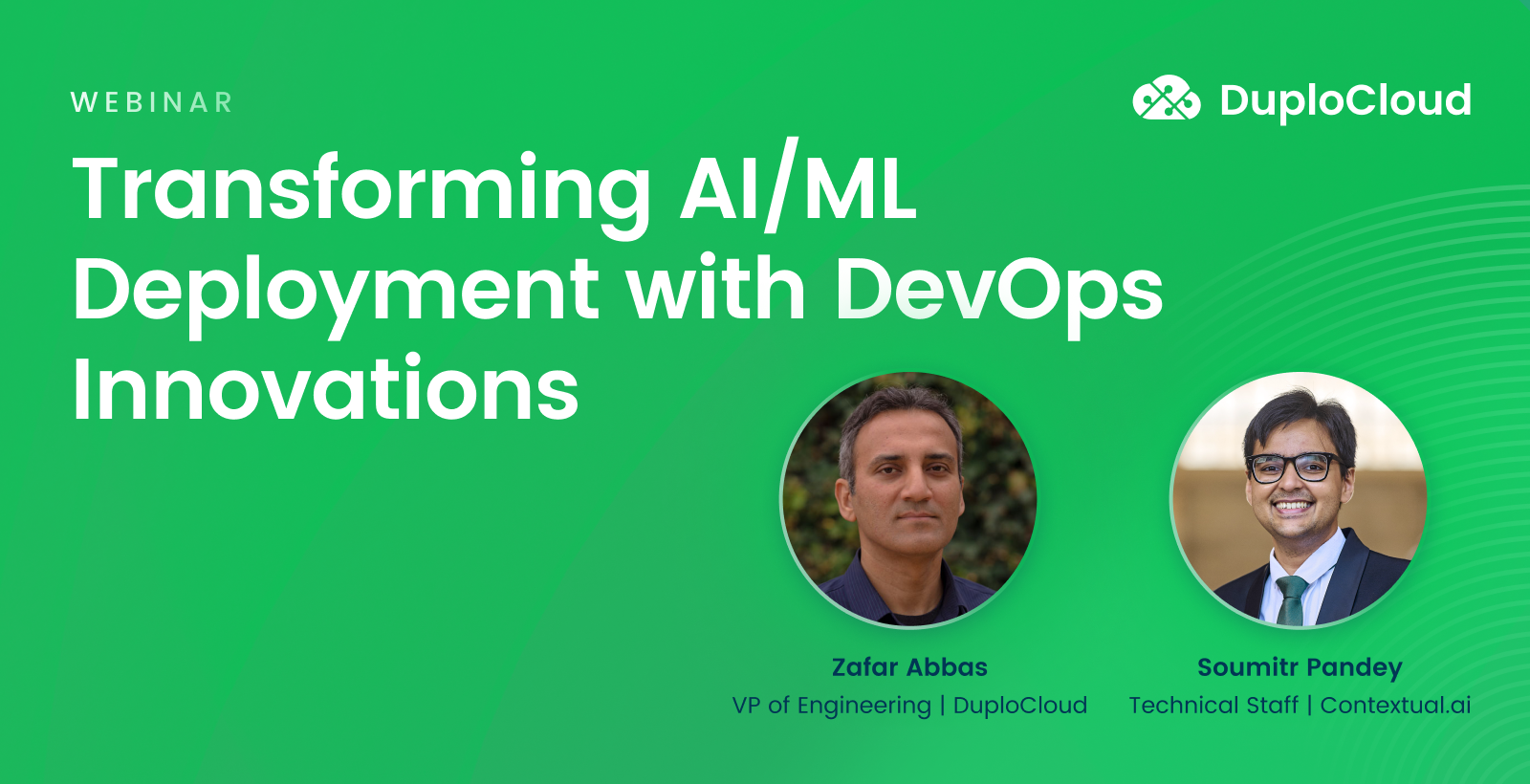Cloud compliance certifications allow developers to demonstrate their technical skills and knowledge of critical cloud computing concepts.
Earning a cloud compliance certification is one of the best ways developers can prove their skill and experience as cloud computing security professionals. There are countless compliance certifications out there, all offered by different governing bodies ranging from big tech companies to security-focused non-profit organizations. Cloud-native application developers often seek out certifications in order to validate their products and illustrate to potential customers the efficacy and hygiene of their cloud infrastructures. In this article, we’ll look at the benefits of cloud compliance certifications and then dive into some of the most popular certifications in the industry today.
What Is a Cloud Compliance Certification?
Cloud compliance certifications indicate that developers have received advanced training in order to design, build, and deploy cloud-native applications with all the appropriate best practices and security protocols in place. Regardless of the specific function of an application, regulatory compliance is a critical concern when it comes to safeguarding data on behalf of both a company and its customers.
An app that collects personally identifiable information (or PII), for example, must adhere to specific regulations in order to ensure consumer data is held, transferred, and used as securely as possible. Another example is the Health Insurance Portability and Accountability Act (or HIPAA), which mandates specific standards for apps that deal with patient data and medical details.
With a cloud compliance certification under their belt, developers can demonstrate that they have satisfactorily proven their training and knowledge in cloud compliance practices. At the same time, companies that employ certified developers can show investors and customers that their applications were built to meet the most stringent security and compliance standards. Different certifications cover different elements of cloud security, as we’ll see in this list of the six certifications to know in 2022.
Need to brush up on the basics of Cloud Compliance? Check out Cloud Compliance in 2023: A Comprehensive Guide.
Top 6 Cloud Compliance Certifications Worth Knowing
#1: Certificate of Cloud Security Knowledge
Earning the Certificate of Cloud Security Knowledge (CCSK) has been a respected achievement since the Cloud Security Alliance first created it in 2010. The certificate is widely recognized as the gold standard in cloud security expertise because of its vendor-neutral approach to securing data in the cloud. In order to earn the certificate, developers must demonstrate their knowledge in key areas including best practices for identity and access management (IAM), cloud incident response, application security, data encryption, security as a service, and securing emerging technologies. The Cloud Security Alliance recommends the CCSK as a first step toward other certifications it offers, like the Certificate of Cloud Auditing Knowledge and Certified Cloud Security Professional programs.
#2: Certified Cloud Security Professional
The Cloud Security Alliance and (ISC)² jointly oversee the Certified Cloud Security Professional (CCSP) program. This certification sets a standard for even more advanced training and knowledge than the CCSK, covering six security domains:
- Cloud concepts, architecture, and design
- Cloud data security
- Cloud platform and infrastructure security
- Cloud application security
- Cloud security operations
- Legal, risk, and compliance
To that end, developers must satisfy a series of prerequisites in order to sit for the CCSP exam. The main requirement is a minimum of five years of professional experience in IT, including three years in information security and either one year in at least one of the certification’s six core domains or a CCSK from the CSA. Applicants who have already earned (ISC)²’s Certified Information Systems Security Professional certification can skip the professional experience requirement.
#3: Cloud Credential Council Certifications
The Cloud Credential Council offers a series of cloud computing certifications beginning with foundational programs and extending into the professional realm with role-specific offerings. The council’s certifications include:
- Cloud Technology Associate (CTA): A foundation-level program that promises to help “IT professionals operate effectively in a cloud environment.” To earn the CTA certification, developers must demonstrate knowledge of key concepts and terminology.
- Professional Cloud Service Manager (PCSM): This certification is for professionals who design, deliver, and manage cloud services. It provides a practical understanding of the connection between cloud service development and business operations.
- Professional Cloud Solutions Architect (PCSA): The PCSA certification is specifically geared toward IT professionals responsible for technological architecture, meaning they create the solutions that allow organizations to adopt and migrate to the cloud.
- Professional Cloud Administrator (PCA): Cloud administrators with 2-5 years of professional experience are well-suited to this role-based certification. It provides the knowledge and skills necessary to increase administrative effectiveness.
- Professional Cloud Developer (PCD): Developers with this certification have an advanced understanding of cloud computing platforms, providers, and technologies, and how to implement best practices and design principles in their cloud-native applications.
Moving your data from on-prem to the cloud? Our Essential Cloud Migration Checklist will walk you through the process.

#4: AWS Certifications
Since 2013, Amazon Web Services has offered a series of certifications that developers can use to improve and demonstrate their skills working within Amazon’s cloud ecosystem. AWS certifications are structured by level, so developers can start with the foundations and work their way through the most relevant programs as they progress in their careers. An added benefit is that AWS requires developers to recertify their skills every three years, ensuring that anyone with an AWS certification is as up-to-date as possible on the latest cloud computing developments.
- Foundational: Developers with six months of experience working with AWS Cloud can apply to become a Certified Cloud Practitioner. The certification demonstrates basic fluency in and a foundational grasp of cloud computing concepts.
- Associate: Developers with one year of experience working with AWS Cloud to develop and design applications are eligible for these certifications: Certified Solutions Architect, Certified Developer and Certified SysOps Administrator.
- Professional: Developers with two years of experience designing, developing, and managing solutions using AWS Cloud can apply for professional level certifications: AWS Certified Solutions Architect and AWS Certified DevOps Engineer.
- Specialty: AWS also offers specialty certifications that are appropriate for developers who want to demonstrate advanced technical knowledge in specific areas, like Certified Data Analytics, Certified Database, Certified Machine Learning, Certified Security, Certified SAP on AWS, and Certified Advanced Networking.
#5: Google Certifications
As another of the world’s largest cloud services providers, Google also offers certifications that allow developers to “demonstrate your expertise and validate your ability to transform businesses with Google Cloud technology.” Like Amazon, Google organizes their cloud certifications across foundational, associate, and professional tiers.
The foundational certification is titled Cloud Digital Leader, and indicates an understanding of cloud concepts and Google Cloud technology. At the associate level, developers with at least six months of experience building on Google Cloud can earn the Cloud Engineer certification to demonstrate their ability to deploy and maintain cloud projects. Google’s series of professional certifications demonstrate high levels of technical skill organized by job roles.
Developers with at least three years of cloud industry experience and at least one year of experience working with Google Cloud can apply for these role-specific professional certifications: Cloud Architect, Cloud Database Engineer, Cloud Developer, Cloud Data Engineer, Cloud DevOps Engineer, Cloud Security Engineer, Cloud Network Engineer, Google Workspace Administrator, and Machine Learning Engineer.
#6: Microsoft Certifications
Microsoft rounds out the list of the world’s three major cloud service providers, so it’s no surprise that there are also certifications available related to Microsoft’s cloud solutions. The company provides a long list of fundamental, role-based, and advanced technical certifications so that any developer can find exactly the right certification for their skill set and career goals. Some popular and notable Microsoft certifications include:
- Azure Fundamentals: This certification is designed to verify developers’ knowledge of key cloud computing concepts and familiarity with Azure’s specific tools and benefits.
- Azure Developer Associate: With 1-2 years of professional experience working with Microsoft Azure, developers can apply for this certification to demonstrate their facility in participating in all the phases of cloud development.
- Azure for SAP Workloads Specialty: This certification is an example of the specialty programs that demonstrate advanced technical skill in a specific field. In this case, developers should have extensive professional experience with both the SAP system and the Microsoft Azure environment before applying.
Startups and SMBs face countless obstacles when it comes to building successful cloud-native applications, and stopping to staff an extensive DevOps department isn’t always in the cards. DuploCloud is a great fit for any developer or IT professional looking into cloud compliance certification because it drastically speeds up the compliance process across the board. DuploCloud’s low-code and no-code features are compliant out-of-the-box, making it easy for companies of all sizes to design, develop, and deploy fully compliant cloud-native applications. Want to learn more? Contact us today.








